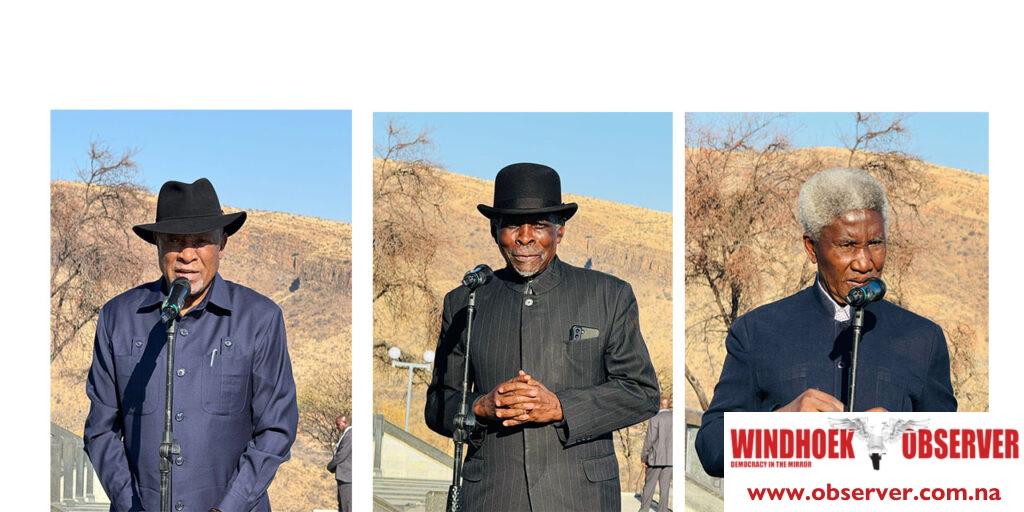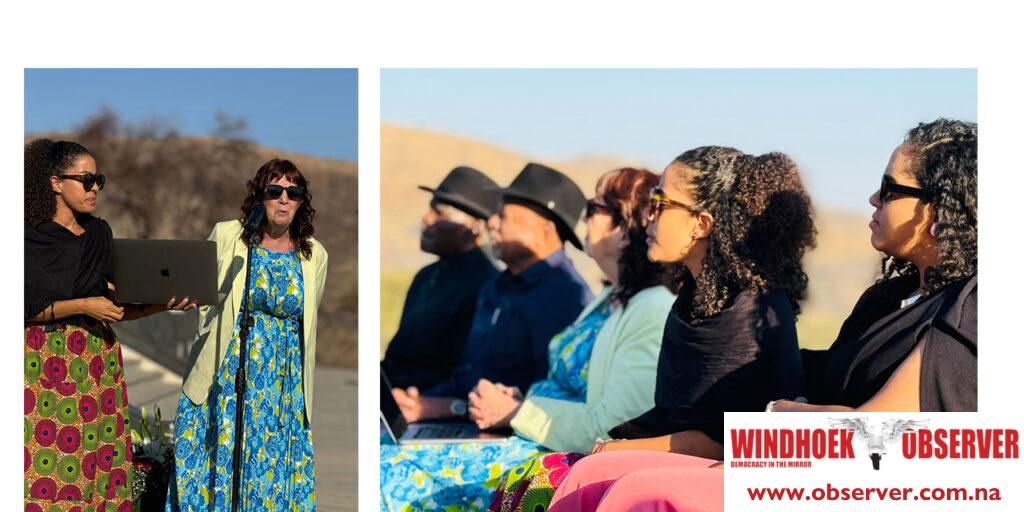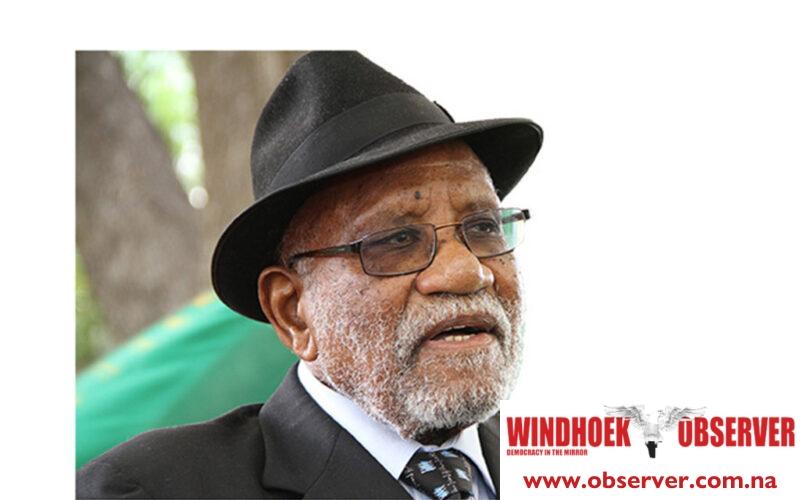Niël Terblanché
Namibia celebrated the 100th birthday of the revered liberation stalwart, Andimba Toivo yaToivo.
This date also signifies the commencement of the Andimba Centenary Year, a period dedicated to honouring the life and legacy of one of Namibia’s most esteemed figures in the struggle for independence.
Andimba was born on 22 August 1924, in Omangundu, northern Namibia, and passed away on 9 June 2017.
He is remembered not only as a co-founder of the South West Africa People’s Organisation (SWAPO) but also as a symbol of resistance and integrity.
To commemorate his centenary, his widow, Vicky yaToivo, and their children, Isak, Filemon Nahum, Nashikoto, and Mutaleni yaToivo, invited a select group of family and friends to Heroes Acre.
During the special commemoration ceremony, Vicky yaToivo described her late husband as an extraordinary individual whose contributions to Namibia’s history remain unparalleled.
She highlighted his integrity, bravery, and deep connection to the people, noting that he viewed himself as one of them – a man of the people.
Vicky announced the launch of a foundation that Andimba had established but never put into operation in honour of his centennial.
President Nangolo Mbumba highlighted several milestones in Andimba’s journey during the fight for Namibia’s liberation.
In 1960, he co-founded SWAPO, playing a pivotal role in advocating for Namibia’s independence on the international stage.
Andimba was one of the early petitioners to the United Nations, and he was instrumental in bringing global attention to Namibia’s plight under South African rule.
According to Mbumba, his activism came at a significant personal cost.
In 1967, Andimba was charged under the Terrorism Act and sentenced to 20 years in prison.
He served 16 of those years on Robben Island, along with other notable figures like Nelson Mandela.
His release in 1984 marked his return to the liberation movement, rejoining SWAPO in Lusaka, Zambia, before returning to Namibia in 1989, on the eve of the country’s independence.
This foundation, along with the various events planned by the Andimba Toivo ya Toivo Centenary Committee, will serve his enduring legacy.
Mbumba confirmed that a series of events and activities would take place over the next 12 months.
He said that Andimba’s early life was characterised by modest beginnings.
Born in a small village, he received limited vocational education and helped his family with daily chores.
In 1942, at the age of 17, he enlisted in the South African Native Military Corps during World War II, serving in South Africa for approximately one year.
Upon his return, Andimba worked as a farmworker before pursuing further education at St. Mary’s Mission in Odibo, where he later served as a teacher.
His entry into liberation politics began in the early 1950s when he travelled to Johannesburg in search of employment and education.
While working in Cape Town, Andimba became involved with several organisations committed to ending apartheid, including the African National Congress.
His activism in Cape Town led to the formation of the Ovamboland People’s Congress, which later evolved into SWAPO.
Throughout his life, Andimba was a steadfast advocate for justice and equality. His famous speech from the dock during his trial in 1968, where he declared, “We are Namibians and not South Africans,” resonated globally and inspired many to join the liberation struggle.
Following his release from Robben Island, Andimba continued to play a significant role in Namibia’s path to independence, serving as SWAPO’s Secretary-General and later as a member of the Constituent Assembly that adopted the Namibian Constitution.
After independence, he served his country as a parliamentarian and minister of mines and energy until 2005, remaining active in politics and international solidarity movements until he died in 2017.
Andimba’s legacy is one of courage, integrity, and unwavering dedication to the people of Namibia.
According to Mbumba, Andimba was a man who transcended tribalism and believed that everyone should share in Namibia’s wealth.
“His contributions to the nation continue to inspire future generations, and the centenary celebrations are a fitting tribute to his enduring impact on Namibia’s history,” Mbumba said.






